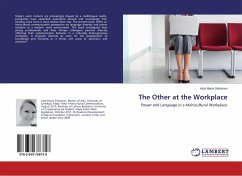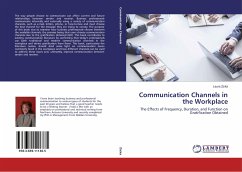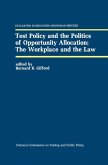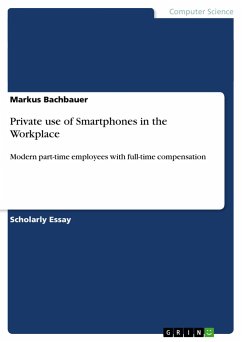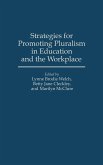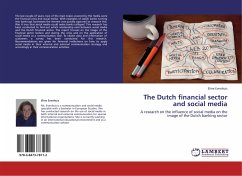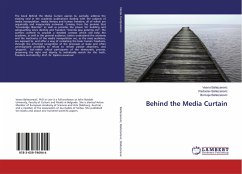Today's work markets are increasingly shaped by a multilingual reality. Companies have expanded operations abroad and increasingly free-floating work force is more diverse than ever. The present book offers an intercultural communication perspective on language diversity and power relations in a modern work environment. The book investigates how young professionals and their foreign colleagues perceive diversity affecting their communicative behavior in a culturally heterogeneous workplace. Is linguistic diversity an asset for the development of knowledge and economy or a threat and cause of alienation and exclusion?
Bitte wählen Sie Ihr Anliegen aus.
Rechnungen
Retourenschein anfordern
Bestellstatus
Storno

